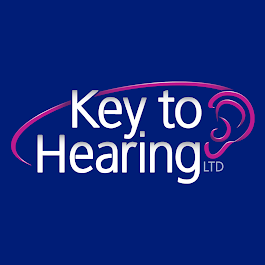Get the most from your hearing aid batteries
Find out a helpful tip to ensure that you get the maximum power from your hearing aid batteries before insertion.
Why are hearing aids expensive?
Want to understand why the purchase of hearing aids is often seen as a costly exercise? Here we explain the reasoning behind the pricing for hearing aids and hearing care.
Boost your TV listening experience
Boost your TV listening experience with a portfolio of wireless accessories that work in partnership with your hearing aids specifically to help you with the TV.
Oticon announce their next generation of Performance Line hearing instruments
Find out the latest news regarding Otcion's announcement on the successors to their Alta, Nera and Ria hearing solutions featuring a new Inium Sense processor.
Which? customers rate independent providers as best for private hearing care
Which? customers rate independents providers as the best for private hearing care. Find out more from the report here.
